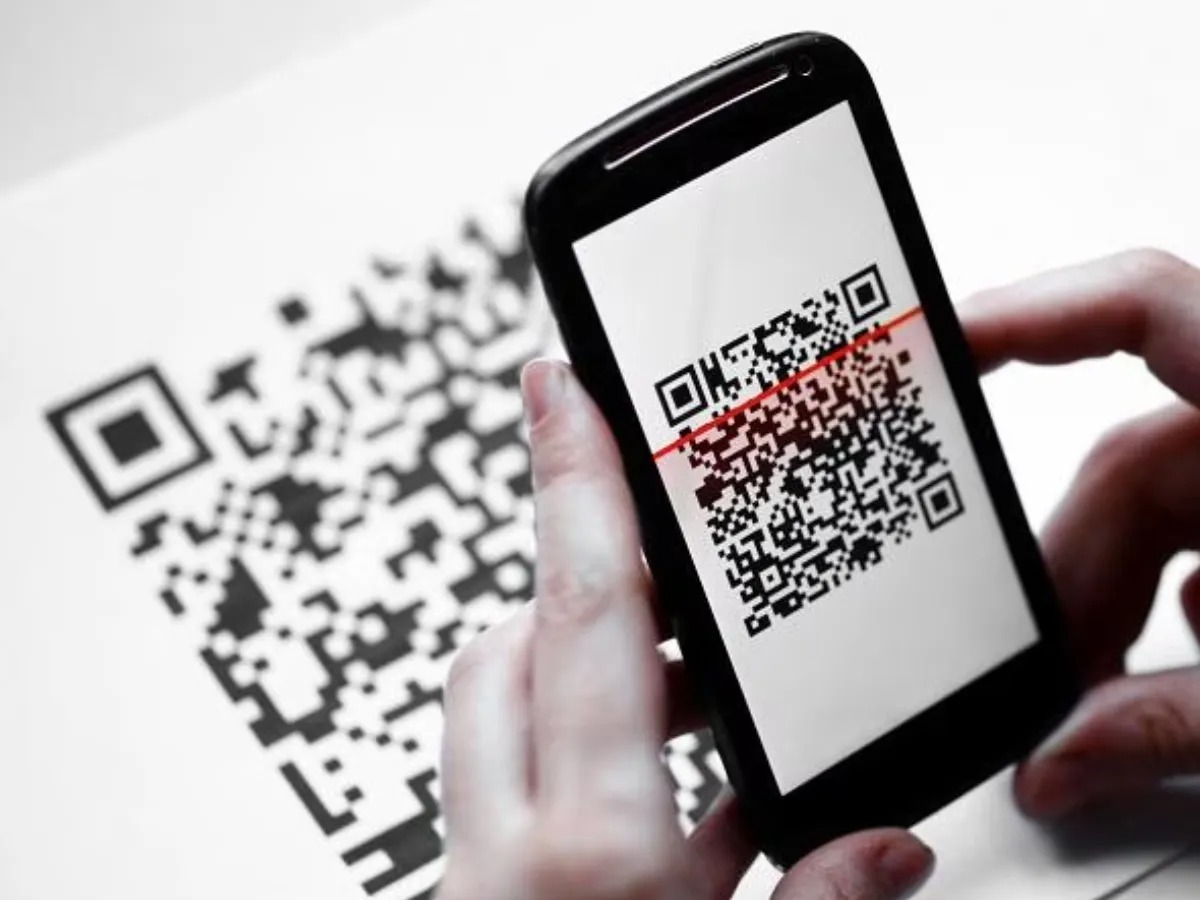
Follow WOWNEWS 24x7 on:
Updated: May 03, 2025 15:38

The QR code, now an integral part of digital transactions and authentication systems, traces its origins to a simple yet ingenious idea inspired by a traditional board game. Invented in 1994 by Japanese engineer Masahiro Hara, the QR code was developed at Denso Wave, a subsidiary of Toyota, to improve the efficiency of tracking automotive parts.
Hara’s inspiration came from the game ‘Go,’ which features a 19x19 grid of black and white stones. Observing the patterns, he realized that a similar grid-based system could store complex data, leading to the creation of the Quick Response (QR) code. Unlike conventional barcodes, QR codes could hold significantly more information and be scanned at high speed, making them ideal for industrial use.
Initially designed for manufacturing, QR codes have since evolved into a global technology, powering digital payments, Aadhaar-linked services, ticketing systems, and even WhatsApp logins. Their ability to store dynamic content, correct errors, and ensure secure transactions has made them indispensable in modern digital ecosystems.
Today, QR codes are widely used across India, particularly in UPI transactions, where they enable seamless payments. Their adaptability continues to drive innovation, proving that a simple idea can transform industries and everyday life.
Sources: India TV News, TV9 Bharatvarsh, Economic Times.


